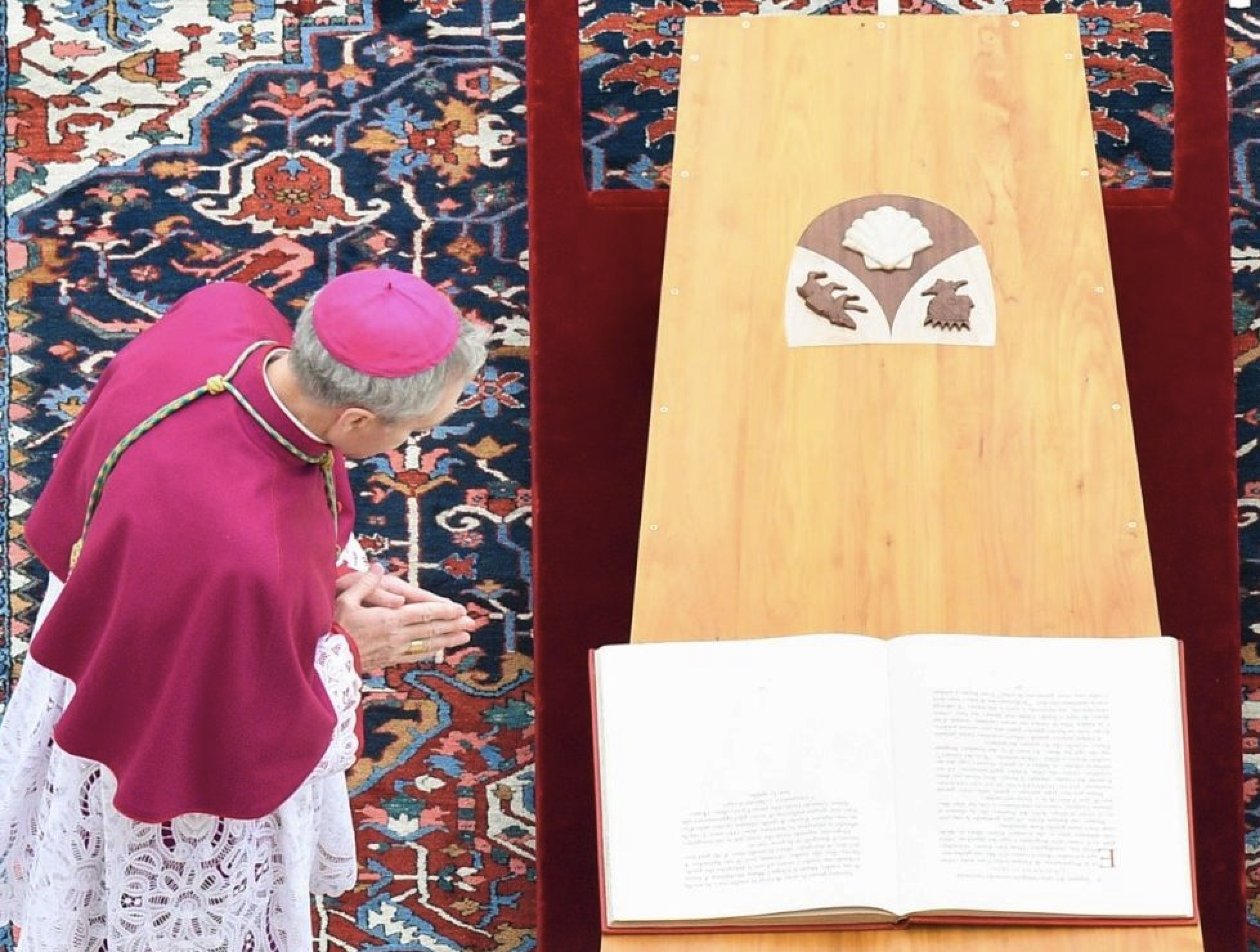The graffiti on Cornell University sidewalks was stunning, with messages proclaiming, "Israel is fascist," "Zionism = genocide" and "F*** Israel."
Then antisemitic screeds appeared on the Cornell forum at Greekrank, a multi-campus website about fraternities and sororities. This included threats to the Ivy League school's prominent Jewish community, with detailed references to the Center for Jewish Living.
Among the milder posts was this from a "kill jews" account: "allahu akbar! from the river to the sea, palestine will be free! liberation by any means necessary!" A "jew evil" post added: "if you see a jewish 'person' on campus follow them home and slit their throats. rats need to be eliminated from cornell."
New York Gov. Kathy Hochul met with students, promising that "New York State would do everything possible to find the perpetrator who threatened a mass shooting and antisemitic violence on campus." Then a Cornell student, a former campus safety officer, was arrested and charged in connection with the threats.
This followed waves of international protests and rioting, with the Anti-Defamation League noting that antisemitic activity in America rose 400% after the Oct. 7 Hamas attack, compared with the same weeks last year.
The news only seems to get worse whenever Jews venture online, even when digging into their social-media feeds, said Rabbi Sharon Brous, in a viral sermon at her progressive IKAR ("essence") congregation in Los Angeles. If the Holocaust is the "dominant psychic reality of the Jew," it's impossible not to view news reports through "Shoah-colored glasses."
It's hard to tell reality from brutal satire, especially when signs of "genocidal antisemitism" emerge from some of America's most elite institutions, she said.
“This week we entered the upside-down world, when a retrograde, regressive, totalitarian, misogynistic, messianic, terrorist regime became -- for the time being -- the hero of the left," said Brous, in a sermon that opened with a warning that parents might want to take their children out of the sanctuary.










